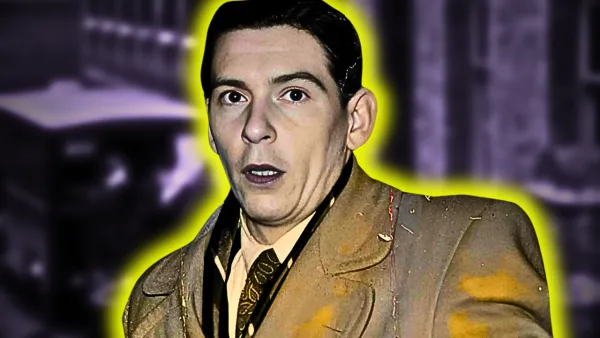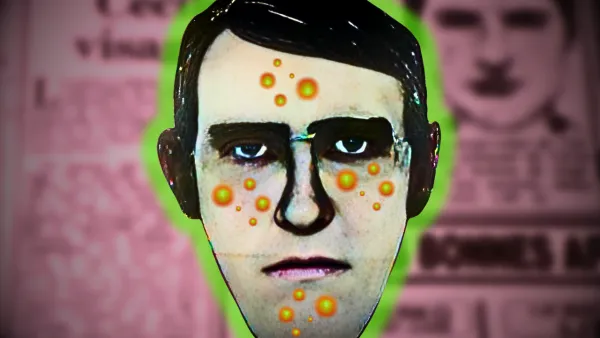“Perfect Husband” Pushes Wife From 12th Floor High-Rise Manhattan Apartment

Claimed a rare brain cyst was to blame.
All married couples argue — some more than others, I suppose. Hateful words are said, grudges revisited, accusations proclaimed, but after a few hours (or days, or weeks, depending on how heated things get) tempers cool and reconciliations are made. This is how most couples settle an argument. Herbert Weinstein, a successful New York ad-man, however, settled his argument by tossing his wife’s body from their luxury apartment window, twelve stories, her slender frame colliding with the busy Manhattan pavement below.
The sight of her body, “clad in a blue nightgown” falling from the building, must have had been a sheer terrifying sight to see.
In the fifty-six years of Herbert’s life, he hadn’t lifted a finger in anger to anyone, especially not his wife Barbara, whom he loved dearly. Those who knew the Weinsteins were in utter shock, and said that Herb lived his entire life in a calm and collective state.
One neighbor and friend said of the Weinsteins:
“They were a fantastic couple. This was the second marriage for both. They were very even tempered…He was quiet. He looked refined. We went out to dinner together. I can’t understand what must have gone through his head. I can’t understand what made him do it.”
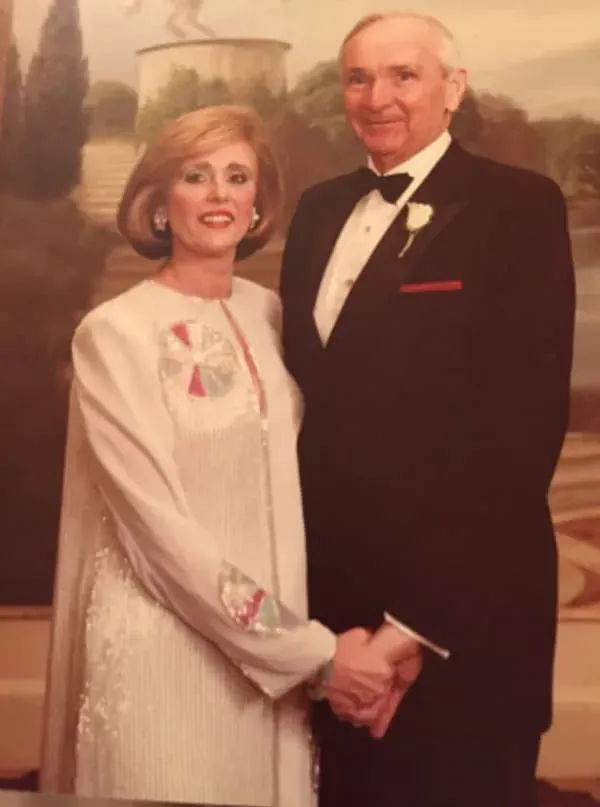
Regarding Barbara, another neighbor recalled:
“She’s an extremely fine lady. We knew her socially. We had dinner with them occasionally. She and her husband seemed to get on fine.”
So, what would make this happily married man resort to such violence?
On January 7th, 1991, standing in the bedroom of his luxurious Upper East Side apartment, something inside snapped.
Herbert snapped.
Stepmother From Hell
Barbara was Herbert’s second wife, and the couple met through a social connection after his first wife, Belle, lost her lengthy and agonizing battle with lung cancer.
Joni West, Herbert’s daughter and youngest child, explains in her book and memoir, Full Frontal Murder, how Herbert was the perfect father who lived by a strict standard of personal guidelines.
“You could not ask for a better father… hands down.” — Joni West (daughter of Herbert Weinstein)
During a phone interview with author Joni West, she told me she had just graduated highschool when her mother passed away. Joni had loved her mother Belle, but growing up, faced a challenging and emotionally abusive childhood under her mother’s watchful eye.
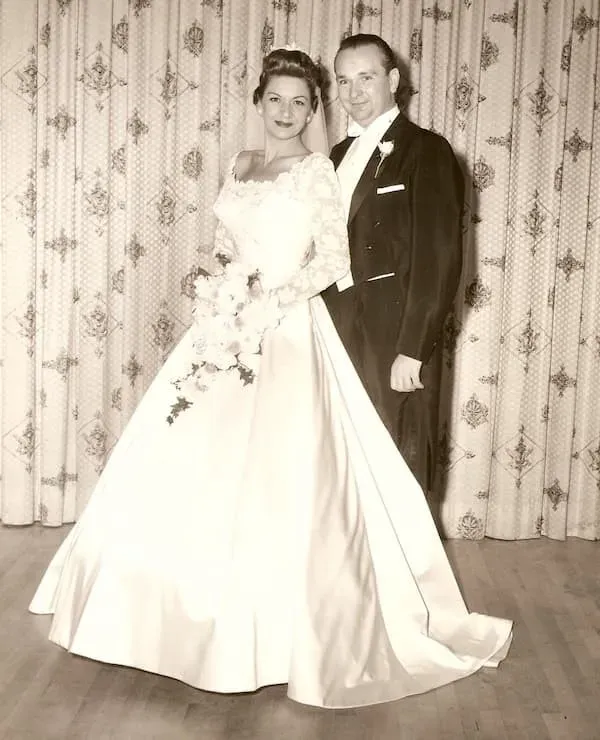
Still, she told me, nothing could have prepared her mentally for the strong and domineering personality that Barbara, her new stepmother, would soon enforce.
“I really wanted to like Barbara, but just couldn’t. I thought she was a self-centered bitch — a rich, Upper East Side snob; you know the type.”
Joni and her stepmother clashed from the outset. In her memoir, she suggests that Barbara may have had a narcissistic personality disorder, which she believes led her to disregard the feelings of others and develop an increasing sense of entitlement.
She remembers her stepmother when they first met, belittling her, and purposely attempting to drive a wedge between Joni and her father.
In public, however, Barbara Weinstein cast a well-manicured facade, composed of both opulence and compassion. But to Joni and Herbert, a more tyrannical side would dominate behind closed doors.
The Fatal Argument (January 7th, 1991)
During our interview, Joni told me that Barbara was looking for a fight, and although it wasn’t the first time, it would definitely be the last.
Barbara, according to her stepdaughter, had said that Herbert’s children were a “bad reflection” on her. Knowing that she was poking a sore spot, Barbara waited for a sneer and a spiteful response from her husband.
However, that response never came.
Dissatisfied and perhaps thinking that her husband was above the trivialness of arguing with his wife, Barbara went for his eyes.
Her red and perfectly manicured nails were the perfect little weapons; albeit ones effective only at close combat, her minuscule knives were capable of slicing through his corneas.
As the claws approached his eye sockets, he fell backwards, barely catching his body from landing on the Italian hand-cut center table. At this point, Herbert knew that his best option was to flee. He turned and ran like hell for the front door.
Trying to escape his wife’s wrath, the defeated advertising executive bolted for the apartment door. Barbara followed behind, bringing the physical bout through the kitchen and into the living area.
Afternoon daylight flooded the couple’s apartment through the large sparkling glass window filling in the scratch marks on his face. Tiny men and women scurried around East 72th Street below, just returning from lunchtime business meetings and returning to work.
As he reached for the doorknob, Barbara pulled at his arm, turning him around. She aimed her fingers towards the eyes again, this time nearly succeeding, and if it was a fight that she wanted, that is what she got.
Herbert punched his wife with a force he never knew existed in him; his balled up fist connecting perfectly with his wife’s powdered nose. Barbara’s body made impact to the floor before her enraged husband recovered his arm. He was now on top of her, finishing what he had already started. Punch after bloody punch.
Barbara Weinstein was no longer responding. The middle-aged man had beaten his wife to bloody death; tossing her body out the window was an afterthought for Herbert, hoping that the police would consider her death accidental.
Brain Blame
Joni explains in her memoir that her father’s personality had been changing, even before the murder, telling me: “my father had this problem with empathy, which has never occurred to me before.”
Joni and others who knew him well knew deep down that something was wrong with Herbert’s brain.
Herbert had admitted to murdering his wife, and even claimed that while strangling her, he “knew what [he] was doing was wrong, but could not stop doing it.”
After a closer inspection of his brain, scans revealed the development of an “orange-sized” cyst that had been growing for several years, primarily covering his frontal lobe.
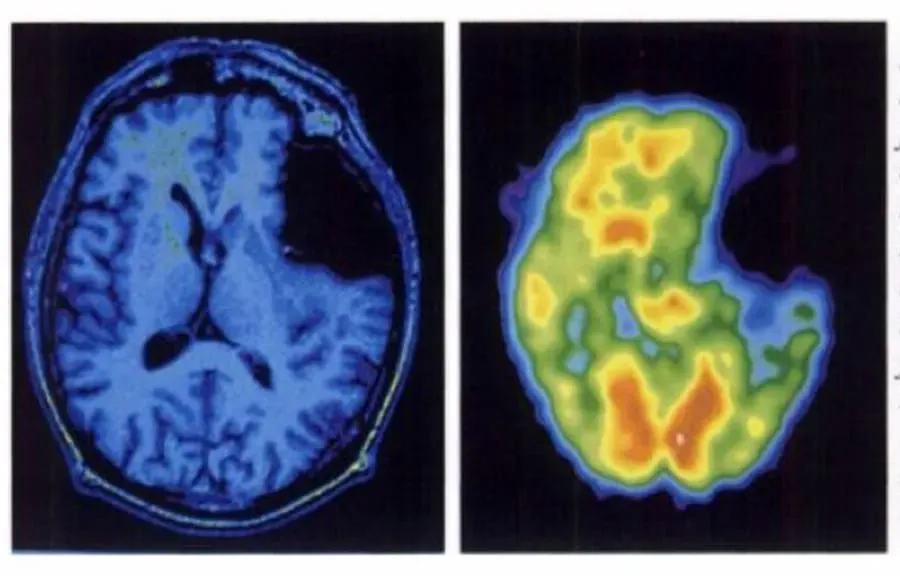
WebMD classifies an Arachnoid cyst as the most common type. Most people are born with them, and most of the time don’t have any symptoms.
However, Weinstein’s cyst developed completely over his frontal lobe.
The cyst in this specific location affecting his frontal lobe functions is very telling to Herbert’s bizarre behaviour evolution. These cysts often damage and impair the frontal lobes; causing a loss of movement, inability to plan, loss of spontaneity in interacting with others, mood fluctuations, difficulty controlling impulses, changes in personality, changes in social behaviour, reduced awareness, and reduced motivation.
Herbert Weinstein’s brain scans were shown to the judge, who decided they were permitted to be used as evidence. This ruling helped set the precedent for future cases using the “brain defense”.
Herbert Weinstein took a plea deal, however, and served 14 years in prison for the murder of his second wife, Barbara.
Two years following his release, Herbert committed suicide to avoid going to a nursing home.
If you’ve enjoyed this article, please ‘clap’ and follow me for future stories. Thank you to Joni West, author of the excellent memoir, Full Frontal Murder, for granting me an interview.




